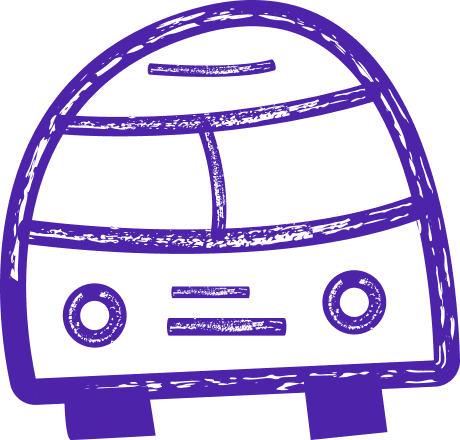
node
Understanding Nodes in Technology
What is a Node?
A node, in the context of computer science and technology, refers to a fundamental building block or a basic unit of a network or data structure. It can represent various entities, such as a device, a server, a computer, or an individual user, depending on the context in which it is used.
Nodes in Computer Networks
In computer networks, a node is a device or a computer that is connected to a network and is capable of sending, receiving, or forwarding data. Each node in a network has a unique address, known as an IP address, which allows it to communicate with other nodes within the network. Examples of nodes in a computer network include routers, switches, servers, and personal computers.
Nodes play a vital role in the functioning of computer networks. They enable the transmission and routing of data packets across the network, ensuring that information reaches its intended destination. Nodes also help in establishing and maintaining connections between different devices, facilitating communication and data exchange.
Nodes in Data Structures
In the field of data structures, a node refers to an individual element or a data point within a larger data structure. Data structures like linked lists, trees, graphs, and queues are composed of interconnected nodes that store and organize data in a specific manner.
For example, in a linked list, each node contains the data and a reference or a pointer to the next node in the list. This arrangement allows for efficient traversal and manipulation of the data stored in the linked list. Similarly, in a tree data structure, nodes represent elements and are connected through parent-child relationships.
Node.js
Node.js, often referred to as simply "Node," is an open-source, cross-platform JavaScript runtime environment. It allows developers to execute JavaScript code outside of a web browser, enabling server-side scripting and the development of scalable, high-performance network applications.
Node.js utilizes an event-driven, non-blocking I/O model, which makes it lightweight and efficient. It leverages the V8 JavaScript engine, originally developed for Google Chrome, to execute JavaScript code quickly and efficiently.
With Node.js, developers can build a wide range of applications, including web servers, real-time chat applications, streaming servers, and APIs. It has gained popularity due to its ability to handle a large number of concurrent connections and its extensive package ecosystem, known as npm (Node Package Manager).
Conclusion
Nodes are the fundamental units that form the backbone of computer networks and data structures. Whether it is a device connected to a network, an element within a data structure, or a JavaScript runtime environment, nodes provide the necessary infrastructure for communication, organization, and development. Understanding the concept of nodes is crucial for anyone working in the field of computer science, networking, or software development.
A node is a fundamental building block in a computer network that can receive, send, create, or store data. It can be a device like a computer, printer, or server, or it can be a connection point like a switch or router. Nodes are essential for communication within a network, as they help to transmit data packets to their intended destinations. In a decentralized network like blockchain, each node stores a copy of the entire transaction history, ensuring transparency and security.Nodes play a crucial role in the operation of networks, as they help to facilitate data transfer and communication. They can be classified based on their functions, such as client nodes, full nodes, and mining nodes in a blockchain network. Each type of node serves a specific purpose and contributes to the overall efficiency and security of the network. By understanding the role of nodes in a network, users can better grasp how data is transmitted and processed, leading to improved network performance and reliability.
In conclusion, nodes are essential components of computer networks that help to facilitate communication and data transfer. By serving as connection points or devices, nodes play a crucial role in ensuring the efficiency and security of networks. Understanding the different types and functions of nodes can help users navigate and optimize network performance. Whether in a traditional network or a decentralized blockchain network, nodes are vital for maintaining connectivity and enabling seamless data exchange.
Let’s build your next digital product — faster, safer, smarter.
Book a free consultationWork with a team trusted by top-tier companies.








